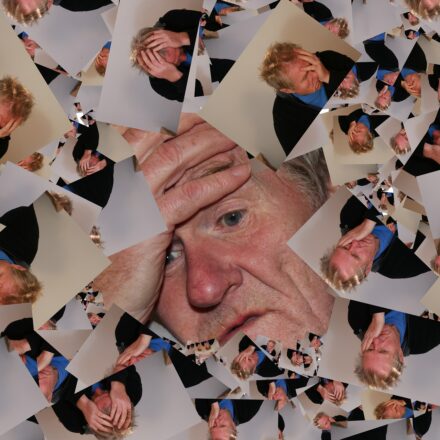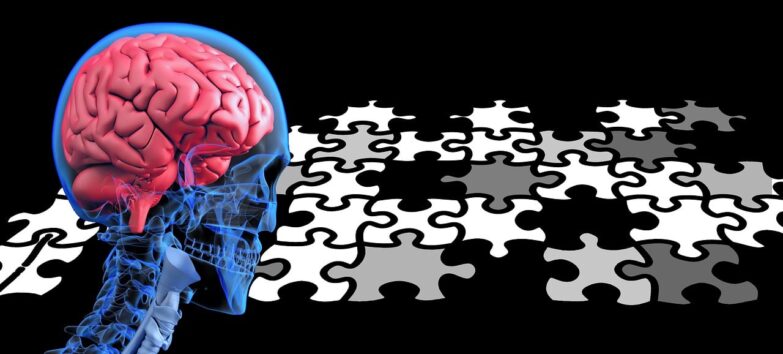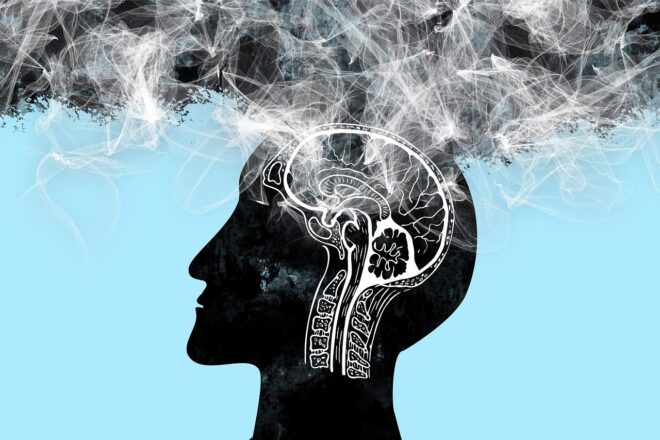It’s hard to ignore the rapidly expanding global demographic of individuals over the age of 60, projected to leap from 12% in 2015 to an astounding 22% by 2050. Among these adults, approximately one in five grapples with a mental or neurological disorder, most commonly dementia and depression. Such complex mental health challenges can often go undetected due to various factors including the stigma of mental health and misinterpretation of symptoms. The golden years come with their own unique set of stressors; from the loss of abilities and function, to the emotional toll of bereavement or the financial strain post-retirement.
Interestingly, there’s an interplay between mental and physical health, with conditions like heart disease being more common among older adults suffering from depression. Shockingly, elder abuse, another significant stressor, is disconcertingly high with one in six older individuals being victims. Current estimates point to a staggering 50 million dementia sufferers worldwide, a number projected to triple by 2050.
As this issue gains momentum, it’s crucial to develop strategies to support the mental health needs of an aging population; from training health professionals to managing chronic illnesses, and designing robust policies on long-term and palliative care. Governed by this understanding, organizations like the WHO work tirelessly to aid governments in integrating effective strategies into policies and action plans to tackle the public health challenge that dementia presents.

Understanding Aging and Mental Health
Aging and mental health: an overview
As you get older, it’s not only your physical health that changes, but your mental health as well. The global population is aging rapidly, with people over age 60 expected to make up 22% of the population by 2050, up from 12% in 2015. However, aging is not synonymous with mental health issues. While many older people remain mentally sharp and resilient, the risk for mental health disorders does increase with age.
Current statistics on aging and mental health
As per current figures, about 20% of adults aged 60 and over suffer from a mental or neurological disorder, excluding headache disorders. The most common disorders of this age group are dementia and depression. Other common disorders include anxiety disorders, substance use problems, and psychosis.
Common misconceptions about aging and mental health
A common misconception about aging is that it inevitably leads to mental deterioration. While it’s true that certain mental disorders, such as dementia, are more prevalent in older people, many older adults enjoy good mental health. Other misconceptions include the idea that depression and anxiety are a normal part of aging, when, in fact, they are not.
Common Mental Disorders in the Elderly
Overview of common mental disorders
Among the elderly, dementia and depression are the most common mental disorders. Anxiety disorders are also quite prevalent.
Delving into dementia
Dementia is not a specific disease. It’s an overall term that describes a group of symptoms associated with a decline in memory or other thinking skills severe enough to reduce a person’s ability to perform everyday activities. Alzheimer’s disease accounts for 60 to 80 percent of dementia cases.
Depression in the elderly
Depression in older adults can be triggered by life changes such as retirement, the loss of a loved one, or medical problems. Left untreated, depression in the elderly can lead to serious physical health problems.
Anxiety and its prevalence in older adults
Anxiety disorders are also common among the elderly. These range from generalized anxiety disorder and panic disorder to specific phobias. Like depression, anxiety can lead to a decline in physical health if untreated.
Undiagnosed Mental Health Issues in the Elderly
Reasons for underdiagnosis
Mental health issues in older people are often underdiagnosed due to a variety of reasons. These include the fact that some symptoms of mental health disorders may be mistaken for symptoms of other medical problems.
The role of stigma in underdiagnosis
Even when symptoms of mental health disorders are present, stigma surrounding mental health can lead to these symptoms being overlooked or misdiagnosed. Older adults may also be less likely to report mental health symptoms due to fear of stigma.
Effects of overlooking and misdiagnosis of symptoms
Misdiagnosed or untreated mental health problems can have serious consequences, leading to decreased quality of life, increased mortality, and greater use of health care services.
Life Stressors affecting Mental Health in the Elderly
Effect of ongoing loss in capacities
As we age, it’s common to experience loss in capacities, such as hearing, vision, or mobility. Such losses can trigger feelings of frustration, anger, or sadness, and may contribute to mental health issues like depression or anxiety.
Impact of declining functional abilities
Similarly, a decline in functional abilities, such as difficulty performing daily tasks, can pose significant challenges and may also lead to mental health issues.
Bereavement and its mental implications
Bereavement, the loss of a loved one, is a common experience in older age and can lead to grief and depression.
Drop in socioeconomic status post-retirement and mental health
Retirement means a change in lifestyle and often a reduction in income, which can lead to stress and mental health problems.

Interrelation between Mental and Physical Health in the Elderly
Direct impact of mental health on physical health
The mind and body are not separate entities but are closely interrelated. Mental health disorders can lead to physical health problems, and physical health problems can also cause mental health disorders.
Physical health conditions leading to depression
For example, older adults with physical health conditions like heart disease have higher rates of depression than those without these conditions. This can be due to long-term pain, disability, or the stress of managing a chronic illness.
Complexity of co-morbid mental and physical health issues
Chronic mental and physical health conditions often co-exist in older adults, complicating the management of both and leading to poorer outcomes.
Elder Abuse and its Consequences on Mental Health
Understanding elder abuse
Elder abuse encompasses physical, emotional, and sexual abuse, as well as neglect and financial exploitation.
Physical and emotional repercussions of elder abuse
Abuse doesn’t only leave physical marks—it harms emotional health as well. Victims of elder abuse can experience depression, anxiety, and feelings of helplessness.
Prevalence of elder abuse and its impact on mental health
According to current evidence, the incidence of elder abuse stands at 1 in 6 older people. The impact of abuse on an older person’s mental health can be devastating.

Global Prevalence of Dementia
Current figures on global dementia prevalence
Currently, it is estimated that 50 million people worldwide are living with dementia, the majority of whom are in low- and middle-income countries.
Dementia prevalence in low and middle-income countries
Low- and middle-income countries bear the brunt of the dementia burden, largely due to their rapidly ageing populations.
Projected growth of dementia cases
Given current trends and aging populations worldwide, the number of people living with dementia is projected to reach 152 million by 2050.
Strategies to Address Mental Health Needs of Aging population
Training for health professionals
Health professionals need further education on aging and mental health so that they can adequately address these issues in their patients.
Preventing and managing chronic diseases
Effective management of chronic diseases can reduce the risk of mental health issues in the elderly.
Designing long-term and palliative care policies
Policies focusing on long-term care and palliative care that meet the needs of older adults with mental health disorders should be implemented.
Role of World Health Organization (WHO) in promoting mental health in older adults
WHO’s mental health action plan
One of the strategies that the WHO has put in place to support governments in a growing aging population’s mental health is the Comprehensive Mental Health Action Plan for 2013–2020.
Integration of effective strategies into policies and plans
Additionally, the WHO works to integrate effective strategies into national and state policies and plans that address the needs of aging populations.
Recognizing Dementia as a Public Health Challenge
WHO’s commitment to addressing dementia
The WHO has recognized dementia as a public health challenge and is committed to supporting member countries in their efforts to address it.
Understanding dementia as a public health issue
Understanding that dementia is not a normal part of aging and recognizing it as a major public health issue is crucial in developing policies to manage it.
Future implications of dementia’s growth on public health strategies
As the number of people with dementia continues to increase, it will be crucial to incorporate dementia management and prevention strategies into broader public health initiatives.
